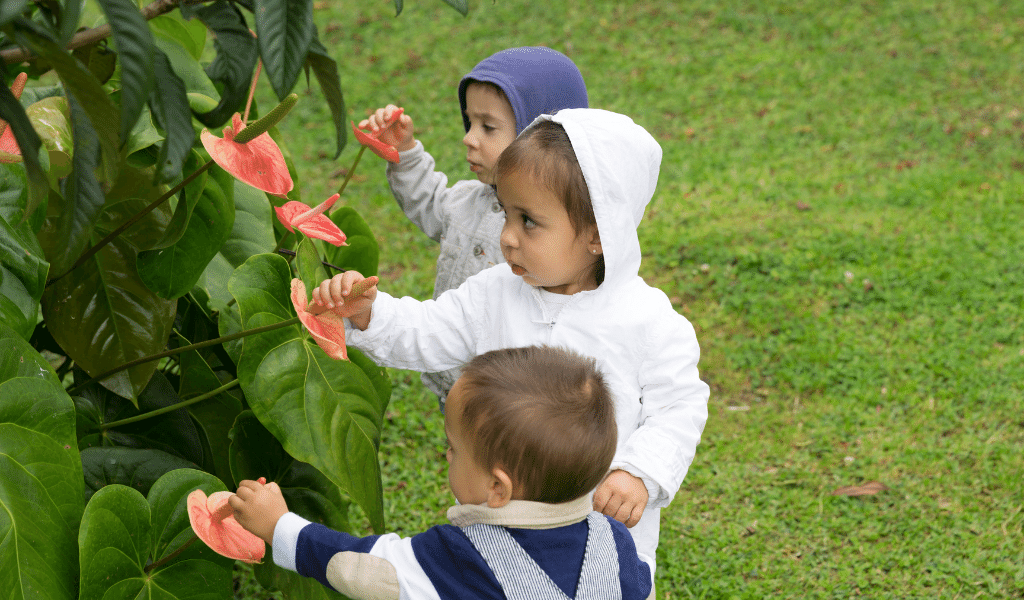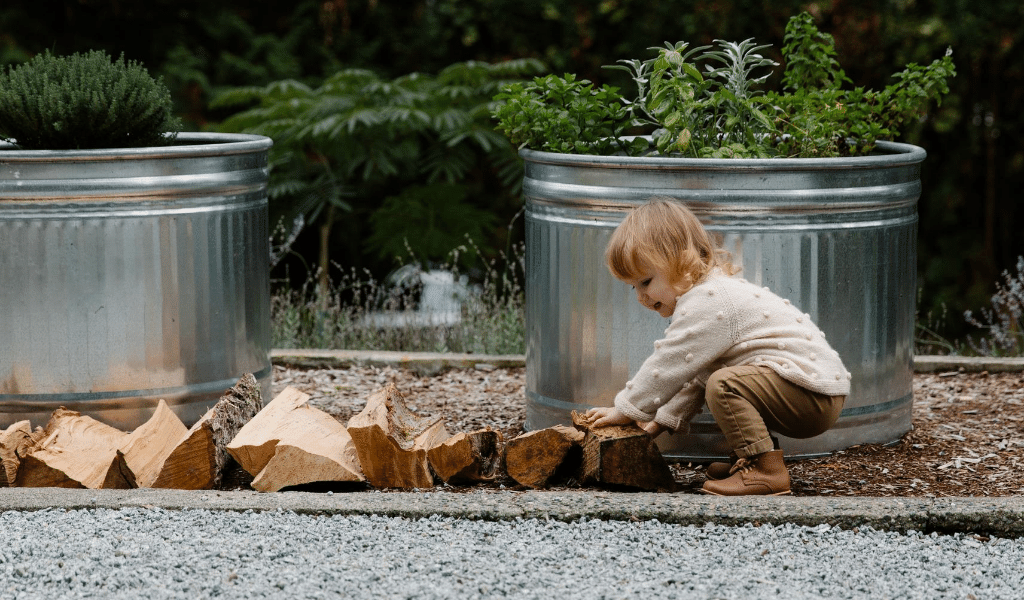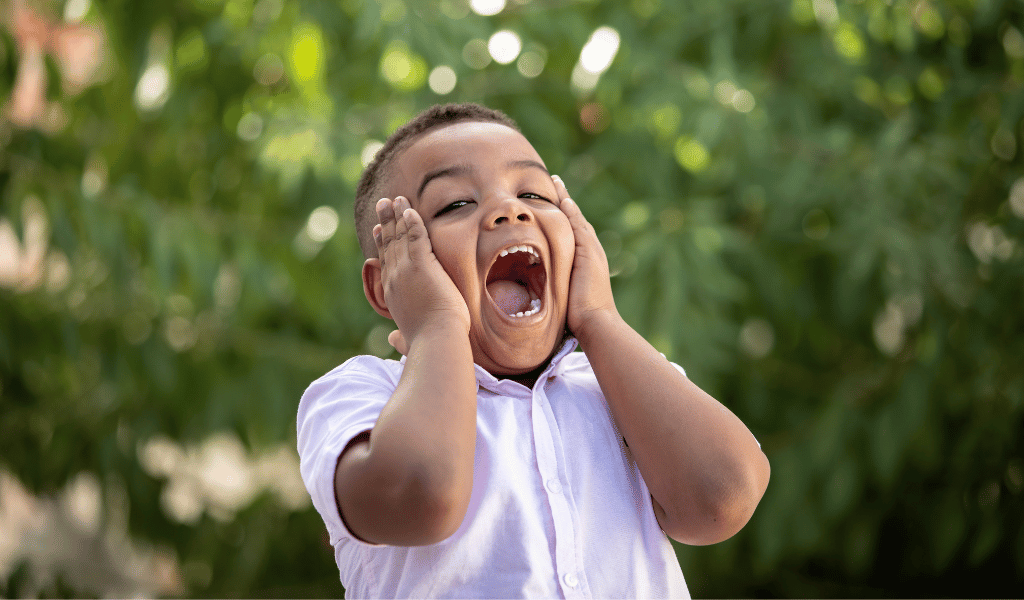We’re all seeing the negative effects of current long waiting lists for speech and language therapy. Around 320,000 children have speech, language and communication needs as an identified special educational need and 67,774 children are on a waiting list for speech and language therapy. 35% of these have been waiting more than 18 weeks to be seen. The pandemic has obviously exacerbated the issue.
So communication continues to be a huge priority in early years settings but we can sometimes neglect the power of our outdoor area. Outdoor play can have a significantly positive impact on language and vocabulary.
The first thing to consider is that communication is an extremely complex process. There is still so much researchers are learning about early language acquisition. Communication is more than a simple exchange of words – it’s a multifaceted process involving verbal and nonverbal cues, understanding context, and expressing thoughts and emotions. We need to support children in developing:

For children, language is intricately woven into their sense of self and belonging. Outdoor environments offer unique opportunities for children to explore and express their identities through language. Whether they’re engaging in imaginative play, describing the natural world around them, or negotiating with peers, outdoor spaces can provide a canvas for children to experiment with language and develop a deeper understanding of who they are.
When children are immersed in a natural environment, these experiences ignite children’s curiosity and spark meaningful communication. For example, loose parts such as sticks, pine cones and even mud can prompt a higher level of conversational turn-taking and joint attention. Loose parts can also support children to develop problem-solving language – asking questions and giving instructions.
Top Tip! You can read about more about loose parts in our blog

Movement is said to be a child’s first language and we know that motor development influences language development: learning to move helps children learn to talk. For example, a baby who is learning to sit independently is also beginning to position their lungs, rib cage, and speech articulators such as the tongue.
Outdoors, children have the space to engage in bigger movements that naturally incorporate language. Whether they’re running, jumping, or climbing, children use language to narrate their actions, express excitement, and coordinate with peers. Through movement, children develop a deeper understanding of spatial concepts, they build vocabulary related to their surroundings, and strengthen their communication skills in dynamic ways.
Creating designated language-enhancing zones outdoors can further enrich children’s communication experiences. We do find that the more open the space, the less productive the communication. It’s worth creating smaller zones and auditing these areas to see which prompt the richest language.

Supporting children with emotional regulation is another area of focus for those of us working in early years. Many areas of the outdoor space are ‘honeypot areas’ and conflict can ensue. For children, finding the language to effectively navigate disagreements is a crucial part of social development. Large loose parts outdoors can help children learn that people have different perspectives but there can be arguments as children try to use the loose parts in different ways. It’s important to take the role of advisor rather than arbitrator so that children are supported to resolve conflicts themselves.
We play a vital role in guiding children through these moments, offering support and modelling effective communication strategies. By teaching children to express their thoughts and feelings respectfully, outdoor environments can become fertile ground for cultivating conflict resolution skills that will serve them well throughout life.
By fostering a love of language through nature-inspired experiences, we can empower children to express themselves confidently, navigate social interactions, and build their connections with the world around them. Through thoughtful planning based on observations, the great outdoors becomes a limitless playground for language exploration and discovery.